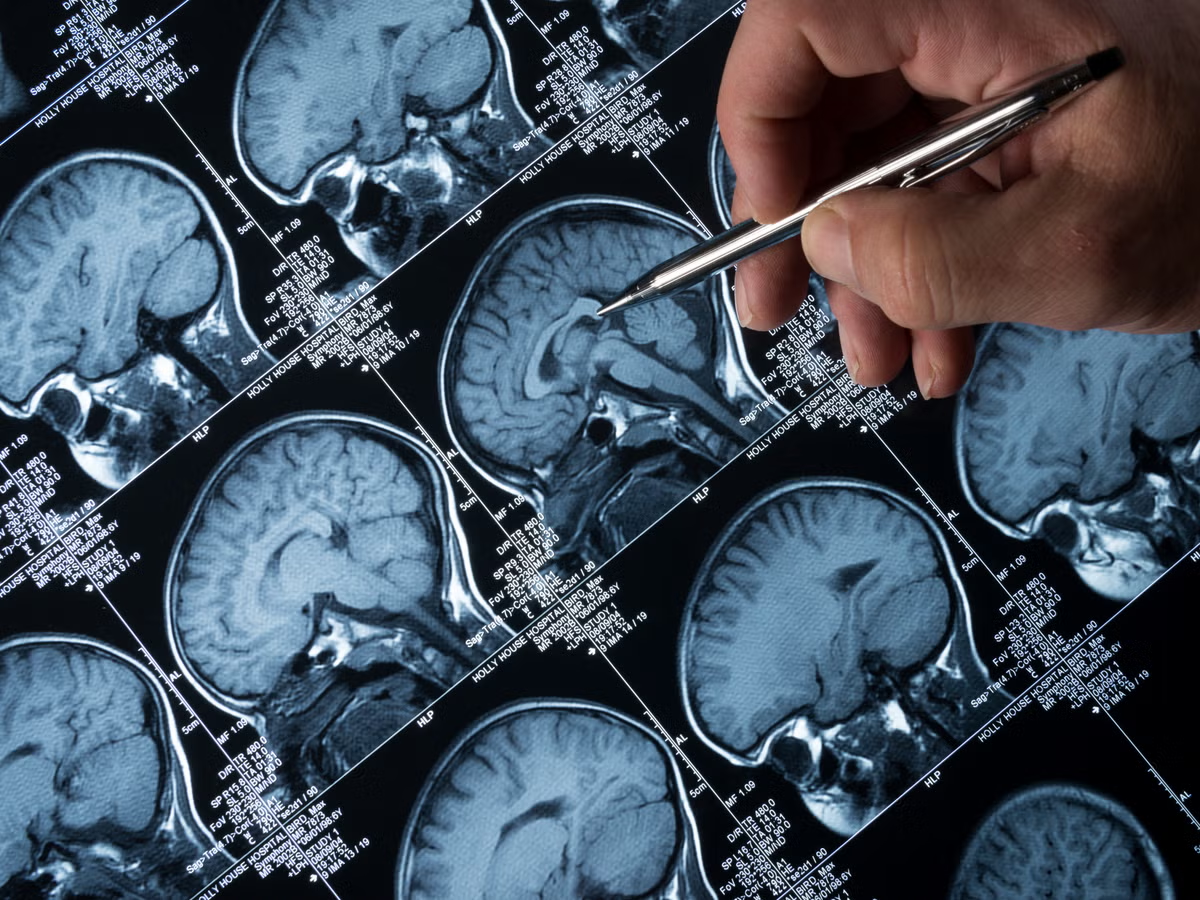A new study from Harvard researchers has identified a surprising defender against Alzheimer’s disease: lithium, a trace mineral better known for its use in mood stabilizers and batteries. The findings suggest that lithium plays a crucial role in maintaining brain health and may help delay or even prevent the onset of the neurodegenerative disorder.
Lithium Levels Decline with Disease Progression
Scientists examined brain tissue from individuals with normal cognition, mild cognitive impairment, and Alzheimer’s disease. They found that lithium levels were significantly lower in patients with early cognitive decline, and even lower in those with Alzheimer’s. Importantly, much of the lithium that remained was found trapped inside amyloid plaques, making it unavailable for protecting neurons.
Animal Studies Show Remarkable Effects
In mouse models engineered to mimic Alzheimer’s, reducing dietary lithium accelerated the buildup of amyloid and tau proteins, increased inflammation, disrupted neuronal connections, and impaired memory. When researchers restored lithium—especially in the form of lithium orotate, which bypasses plaque entrapment—the animals showed improved brain resilience, reduced toxic proteins, and better memory performance.
Why Lithium Matters
Lithium is thought to regulate key brain processes, particularly by controlling the enzyme GSK-3β, which contributes to the formation of tau tangles. By stabilizing this pathway, lithium helps neurons maintain their connections and resist damage. Researchers believe it may act as an early line of defense against Alzheimer’s, long before symptoms appear.
Hope and Caution Ahead
While the results are highly encouraging, experts caution that these findings come primarily from laboratory and animal studies. Human trials are needed to confirm whether low-dose lithium supplementation could be both safe and effective in slowing or preventing Alzheimer’s progression.
A New Path for Prevention
If proven successful in people, lithium could represent a low-cost and widely accessible therapy for a disease that affects millions worldwide. Rather than targeting symptoms after the brain is already damaged, restoring lithium levels could help protect neurons before irreversible decline sets in.















Leave a Reply